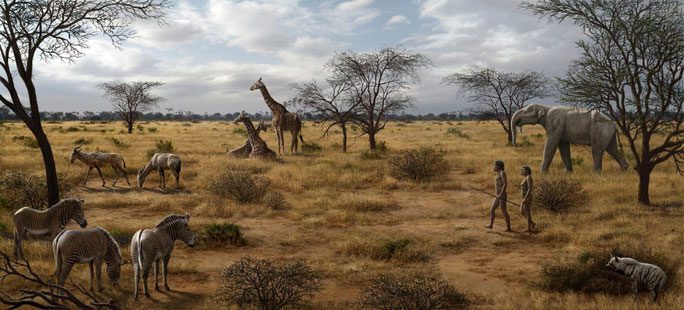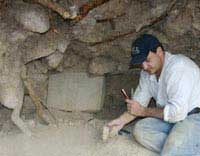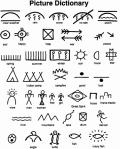A new study based on evidence from the Olduvai Gorge suggests that changes in diet led to an evolutionary leap that helped humanity escape its ape-like ancestors, with Homo erectus serving as a witness to this transformation.
The food that saw a sudden increase in the diet of humans two million years ago was meat, as reported by SciTech Daily.
The research team, led by Associate Professor Andrew Barr from George Washington University, the principal author of the study, stated that they linked two phenomena:
- First, the emergence of larger brains in Homo erectus around two million years ago.
- Second, evidence indicating that this species experienced a dramatic increase in meat consumption.
As known, the early humans of the genus Homo were skilled hunters, consuming a significant amount of meat, unlike their earlier ape-like predecessors.

Humans escaped ape-like existence due to breakthrough changes in diet, providing rich nutrition for the brain and requiring advanced hunting and processing skills – (Graphic by Mauricio Anton)
This trend has continued to modern humans, with Homo sapiens diversifying their diet further to include more fish and cultivated plants, which has helped us survive as global environments changed and hunting became more challenging.
The new study compiled data from 59 archaeological sites dating from 2.6 to 1.2 million years ago across East Africa to test this hypothesis and collected a vast assemblage of animal bones with cut marks—indications that they were human food. Notably, such sites increased significantly with the appearance of Homo erectus.
According to Associate Professor Andrew Barr, animal food sources not only provided essential energy for the development of larger and more complex brains but also indirectly fostered other skills that contributed to human evolution.
For instance, brain development requires nutrient-rich food, which may have spurred humans to invent fire, as cooking meat often provides better nutrition. Efforts to improve hunting tools, hunting skills, and the division of labor for storing and processing more complex food sources than plant-based ones also provided early humans with opportunities for practice, leading to increasingly sophisticated skills.
The study was recently published in the scientific journal PNAS.





















































